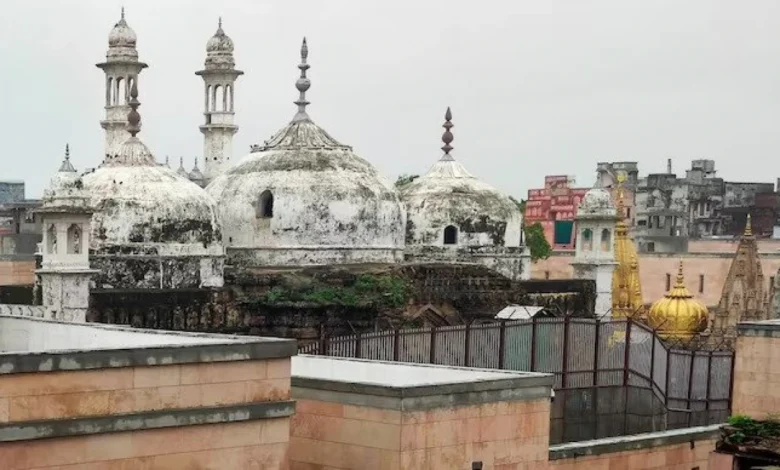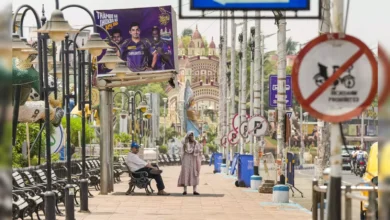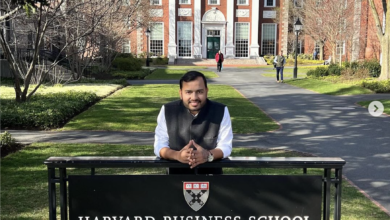Gyanvapi case: Allahabad HC rejects Muslim Side plea, allows temple restoration suit
The court said today that the Gyanvapi Compound can only have a single religious identity - either Hindu or Muslim - not both.

In a landmark decision, the Allahabad High Court has dismissed all petitions raised by the mosque committee, which challenged civil suits aiming to restore a temple on the Gyanvapi mosque site. The high court ordered the Varanasi court to conclude hearings within six months of a civil suit filed in 1991.
This case revolves around the Gyanvapi mosque, situated next to the Kashi Vishwanath temple in Varanasi. The high court adjudicated five petition cases – three from the Gyanvapi mosque committee and two from the Uttar Pradesh Sunni Central Waqf Board. Of these, three contested the legitimacy of a suit filed in the Varanasi court back in 1991.
The 1991 suit, presented before the Varanasi court on behalf of deity Adi Vishveswar Virajman, had pleaded for control over the disputed premises and sought permission for worship there. The Anjuman Intezamia Masajid Committee and UP Sunni Central Waqf Board, contesting this suit, contended that it was not maintainable under the Places of Worship Act (Special Provisions) Act of 1991, which prohibits altering the religious character of a place as it stood on August 15, 1947.
However, the petitioners of the 1991 suit replied that the Gyanvapi dispute has roots predating Independence, thus invalidating the application of the Places of Worship Act.
Ruling in favor of the maintainability of the 1991 suit, Justice Rohit Ranjan Agarwal asserted that it is not obstructed by the Places of Religious Worship Act, 1991. Earlier on December 8, Justice Agarwal had reserved his judgment post-hearing from both sides of the argument.
The court said today that the Gyanvapi Compound can only have a single religious identity – either Hindu or Muslim – not both. The final religious identity will be determined based on court proceedings, including arguments from both sides and supporting evidence. The decision can’t be reached just by defining the initial legal issues. The presiding bench stated, “The suit impacts two major communities of the country…we direct the trial court to expediently decide the suit in 6 months.”
The suit under scrutiny by the Varanasi court demands the reinstatement of an age-old temple on the disputed land where the mosque currently stands. The view is that the mosque is a constituent of the temple.
You might also be intersted in – “What about temple aarti?” Gujarat High Court rejects attempt to outlaw loudspeakers in mosques



